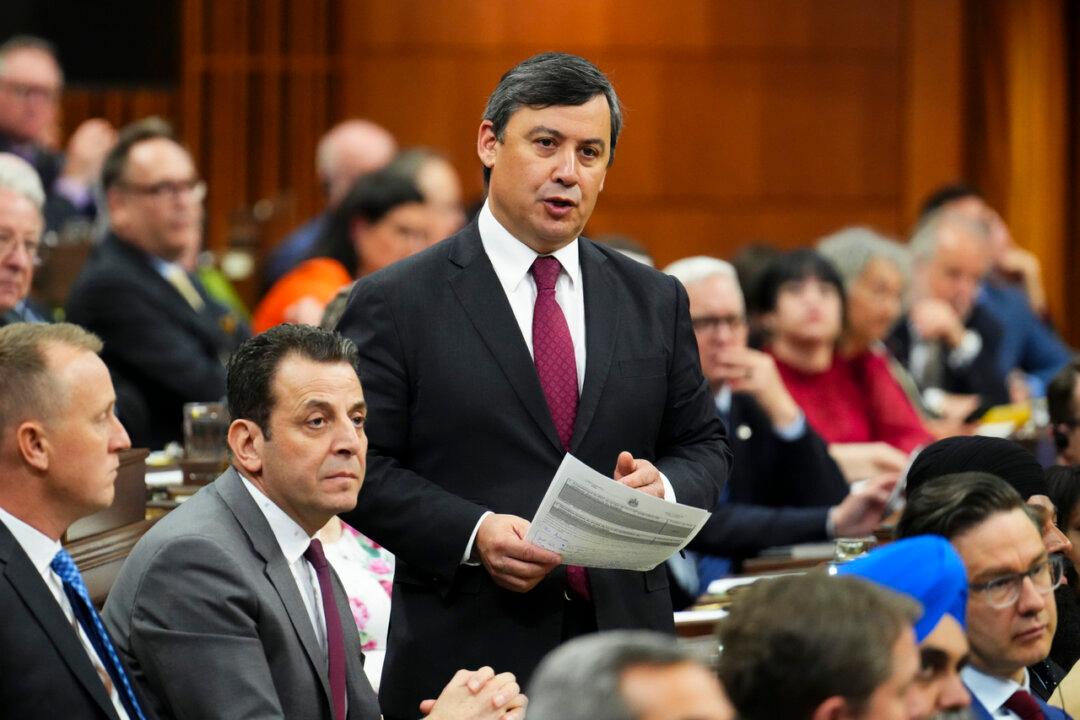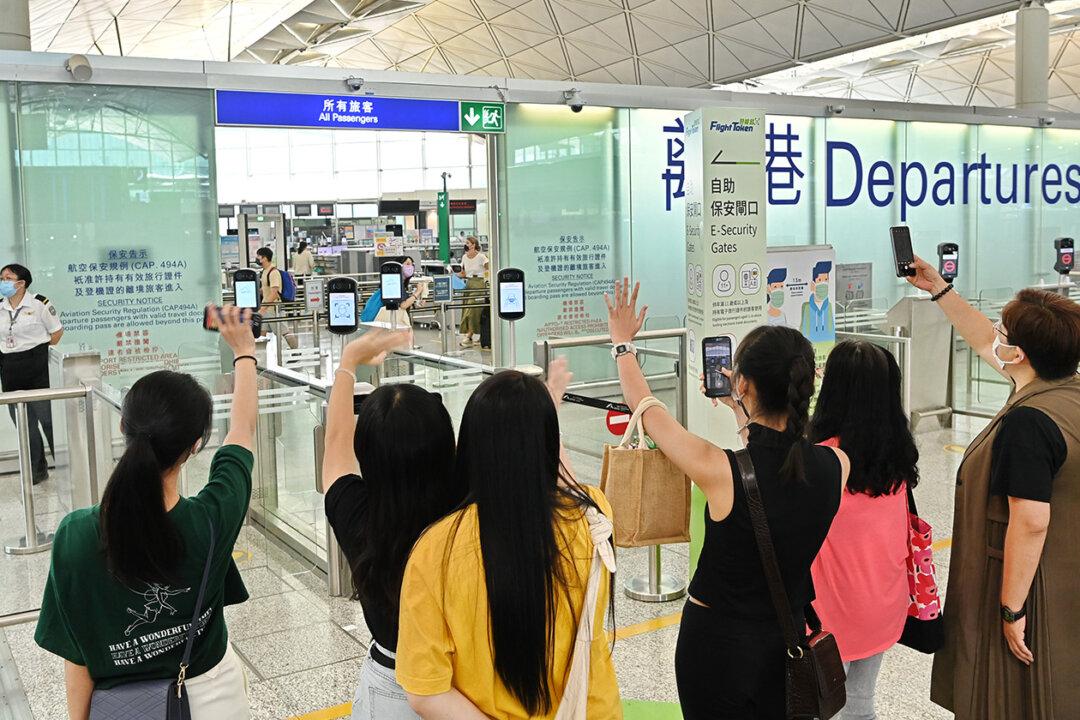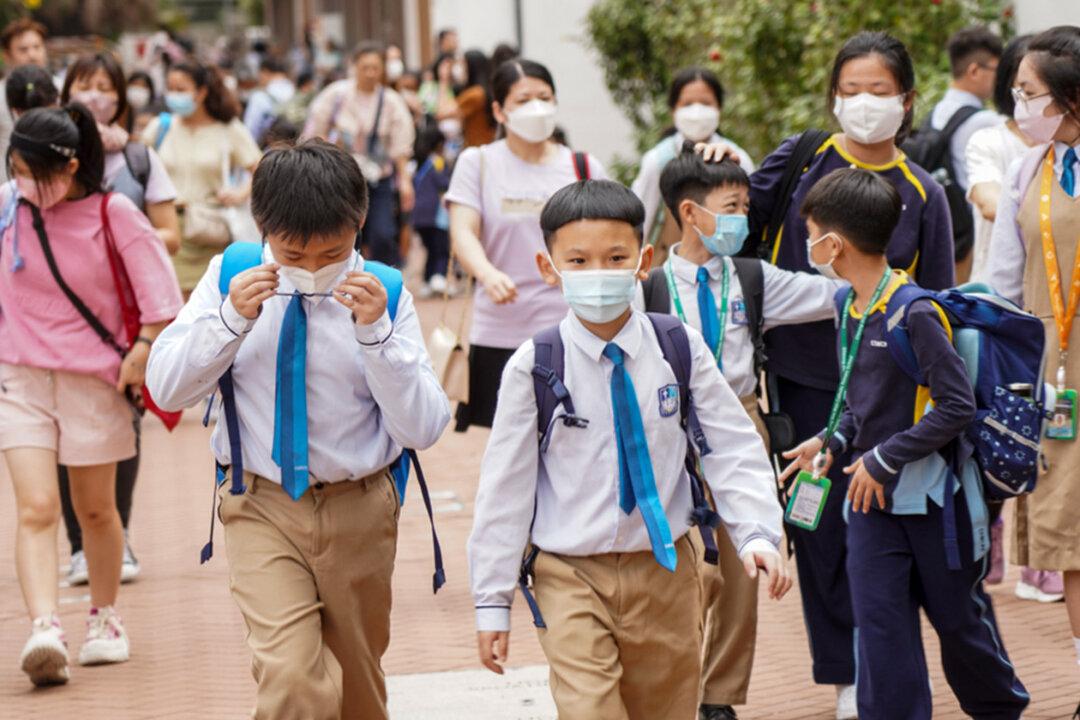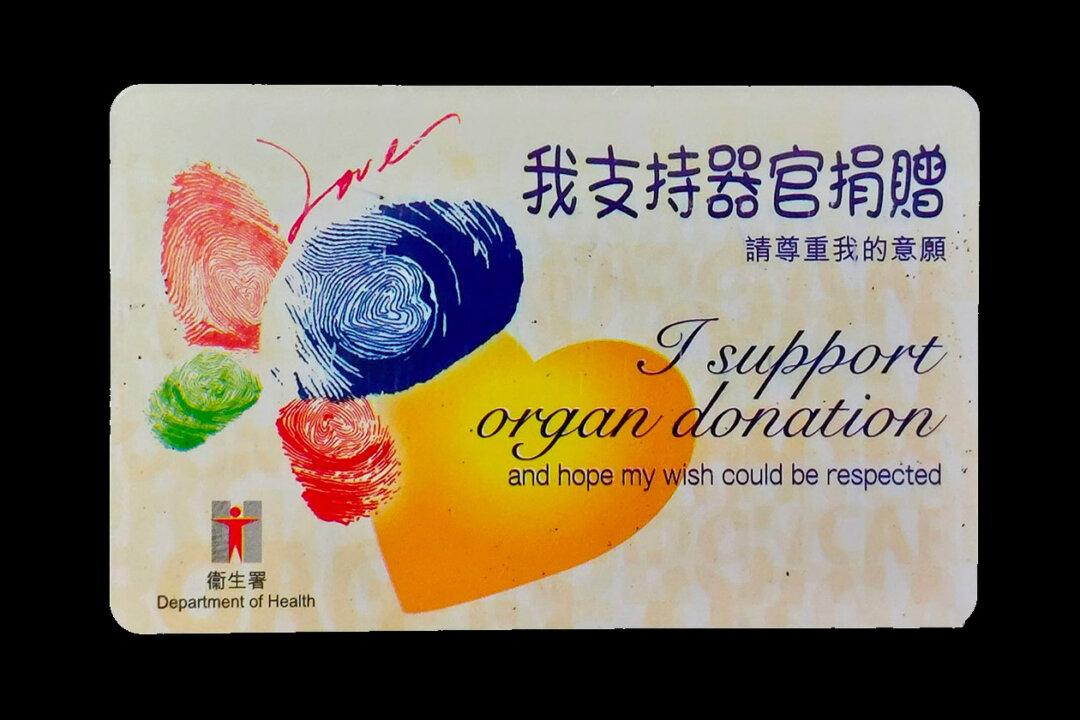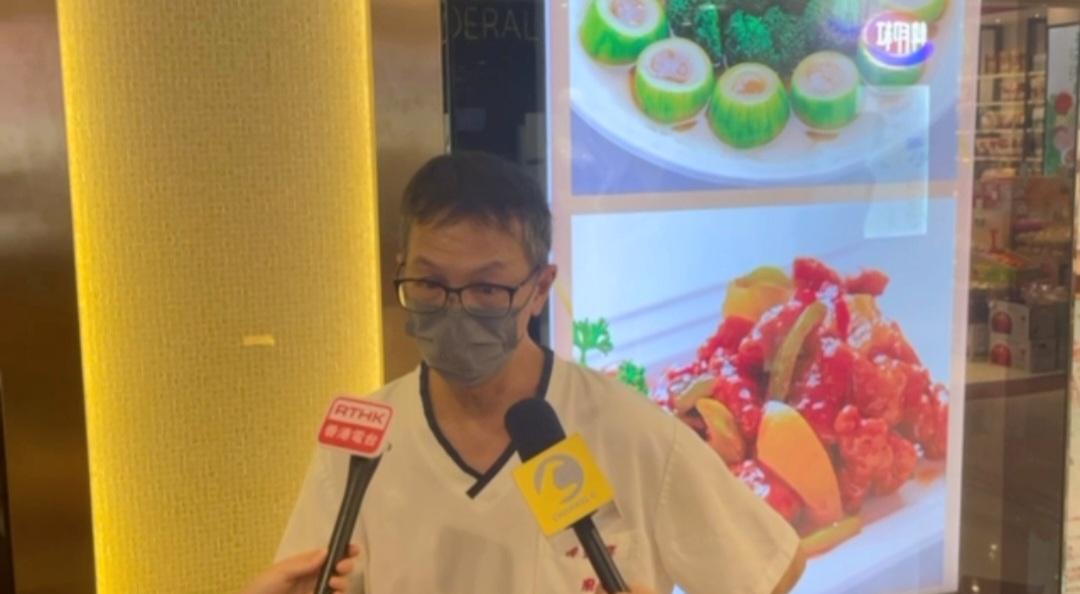On May 8, the Canadian government announced that Zhao Wei, a Chinese Consulate diplomat in Toronto, was declared a “persona non grata” and will be expelled. Zhao is accused of attempting to intimidate Michael Chong, an opposition Conservative Party member and Shadow Minister for Foreign Affairs.
In response to Canada’s action, the Chinese Communist Party (CCP) retaliated on the next day (May 9) by designating Consul Jennifer Lalonde from the Canadian Consulate General in Shanghai as a “persona non grata” and demanded her departure from mainland China.
